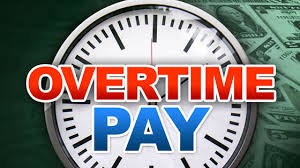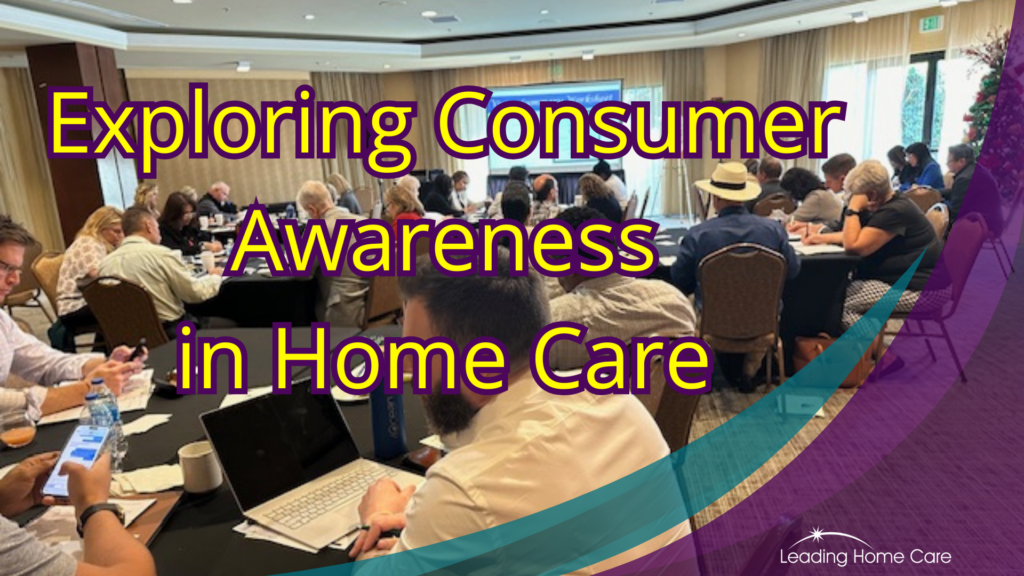Our LinkedIn discussion group, Leading Home Care Network blew up this week with discussion about the U.S. Court of Appeals Ruling that home care companies should be paying overtime. The court cited a “dramatic transformation” of our industry as a reason for the change in policy. This court decision over rides years of applying the “overtime exemption” in the Fair Labor Standards Act to home care workers employed by agencies.
When will the Rule Become Effective?
One of the big questions we have been asked by our readers and clients is, “When will this new rule become effective? Just yesterday we received an update from the Home Care Association of America, the lead plaintiff in the suite, indicating they are asking the Court of Appeals for a stay of their order to allow time to file an appeal with the U.S Supreme Court.
If the stay is allowed by the court, implementation of the rule will be delayed until a decision is reached. If the stay is not allowed, the rule will become effective 52 days from the ruling, which is October 13, 2015.
What the Industry is saying
In order to keep you up to date on major issues like this, we communicate with other industry thought leaders and company CEOs. The more insights we gather, the better prepared we are to serve our clients and our communities. One of the industry thought leaders whom I enjoy talking with and reading his reporting is Tim Rowan, Editor of Home Care Technology Report. Tim and I talk frequently at home care association conferences, and I read his report regularly.
Yesterday, Tim wrote a very interesting article about the overtime rule, and included an interview with another industry thought leader, Barry Barger, CEO of Accredited Home Care in Los Angeles. I thought Barry’s approach was quite fascinating.
What if we didn’t charge for overtime?
“We have assumed for a long time that this day was coming,” Berger told us. “California has had a bill progressing through the state legislature for several years, though it has been stalled to see what the federal courts and the Department of Labor would do. So we decided to put our own policy in place regardless of what DC and Sacramento do.”
That policy, he explained, is to pay overtime for shifts longer than 8 hours but not to pass the added cost to the patient. He also stopped offering live-in care. “There is almost no upside to live-in,” he continued. “Almost every agency in our area has stopped the practice. But we do offer round-the-clock care with successive 12-hour shifts, and we pay overtime for the last four hours.”
Two things have happened by not charging the client a higher rate to cover Accredited’s overtime costs. One is that the agency makes a profit on the first eight hours and breaks even on the last four. “And I decided that’s OK with me,” Berger added, “because I just couldn’t justify asking people for more when they are already paying a lot for a 12-hour shift.” The other result is a rapid increase in patient census.
“I guess the word is getting around that we are the only ones not charging the patient for overtime,” he laughed, “and people choose us once they have compared costs, especially those who are paying out of their own pocket.”
What do you think?
What is your reaction to this approach to the overtime rule? How would this idea affect your company? How would it affect your clients? How would it affect your community?
One of the issues that makes this approach unusual is that California has its own overtime law, and agencies there are required to pay overtime after 9 hours per day. There was also a ruling recently by the California Supreme Court that requires agencies to pay sleep time for live-in care, which has virtually wiped out live-in care in CA.
Join the Conversation
To enter the discussion of this volatile issue, join our discussion with 12, 500 other home care leaders from around the world in the Leading Home Care Network on Linked In.





